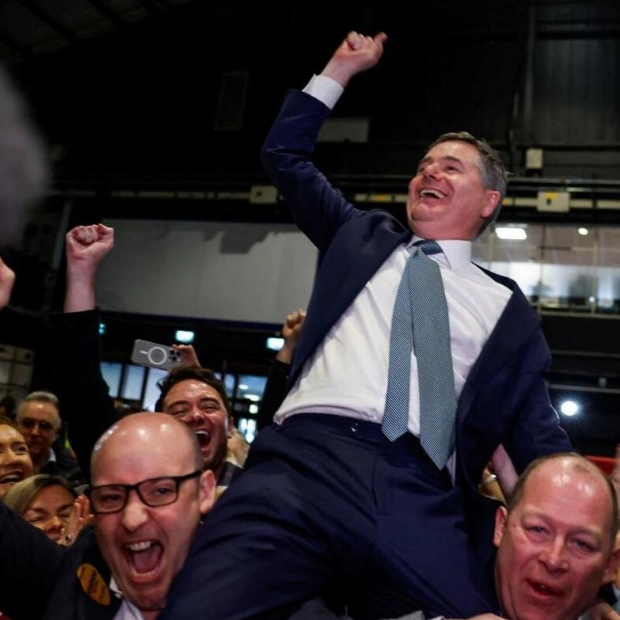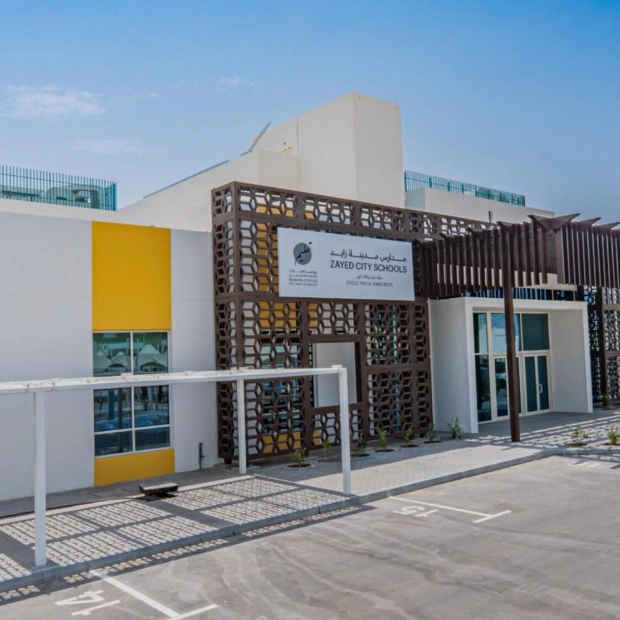RIYADH: A prominent Thai official has informed the UN’s climate change conference in Baku that the measures currently available to manage the escalating global temperature are inadequate.
During COP29 in Azerbaijan, Thailand’s Minister of Natural Resources and the Environment, Chalermchai Sri-on, urged for decisions on climate financing to support nations most impacted by rising temperatures. His remarks were echoed by other ministers throughout the morning session, following the UN’s climate chief Simon Stiel’s call for world leaders to “cut the theatrics and get down to business” regarding a funding deal for developing countries.
Addressing delegates, Sri-on stated: “The first global stocktake significantly showed that our current efforts are still insufficient to control global temperature increase.” Malaysia’s Minister of Natural Resources and Environmental Sustainability, Nik Nazmi Nik Ahmad, called on developed nations to fulfill their financial obligations, ensuring funds are “accessible and impactful.”
Romania’s Minister of the Environment, Waters and Forests, Costel Alexe, emphasized the need for action over political differences, stating: “Failure is not an option for anyone.” He also highlighted Romania’s focus on private-sector partnerships for decarbonization in energy, transport, and industry.
Diego Pacheco of Bolivia pointed out the responsibility of developed nations, stating: “Our countries are suffering the impacts of climate change, due largely to the historical emissions of developed countries.” Sophalleth Eang, Cambodia’s minister of environment, reaffirmed Cambodia’s ambitious climate targets, including carbon neutrality by 2050, as outlined in its 2020 updated nationally determined contributions.
Franz Tattenbach, Costa Rica’s minister of environment and energy, expressed optimism in the ripple effects of decarbonization, saying: “We are an ambitious country, and we hope to scale up our ambition. We believe that decarbonization could lead to decarbonization in other countries.” Austria’s Leonore Gewessler highlighted the need for urgent united action, saying: “It is our collective responsibility to make more progress without further delay.”
Additional leaders addressed the challenges of achieving meaningful climate goals amid global crises. Burkina Faso’s Roger Baro urged for substantial commitments to protect the environment and develop resilient economies, while Celine Caron-Dagioni of Monaco called for updated contributions aligned with long-term climate goals. Namibia’s Pohamba Penomwenyo Shifeta stressed the importance of balanced climate financing.
Speakers also showcased national achievements and initiatives. Uruguay’s Robert Bouvier Torterolo highlighted the country’s renewable energy success, with over 95 percent of its electricity derived from sustainable sources. Senegal’s Daouda Ngom emphasized the need for accessible financing to support adaptation plans. Nigeria’s Balarabe Abbas Lawal detailed investments in renewable energy and afforestation, while Rwanda’s Valentine Uwamariya highlighted the significant economic cost of climate change to her nation and called for “ambitious, balanced, fair, and just outcomes” from the climate change forum.
Source link: https://www.arabnews.com






